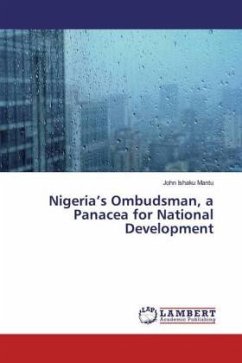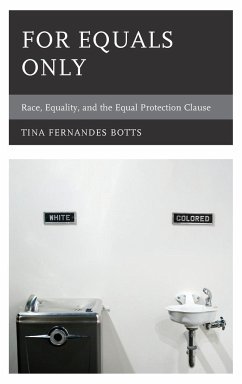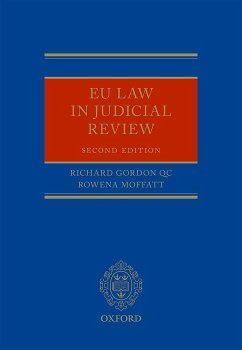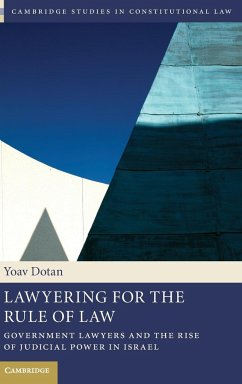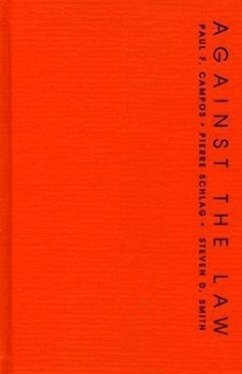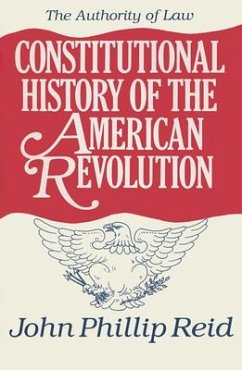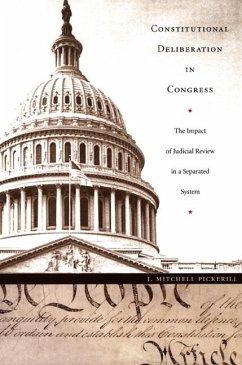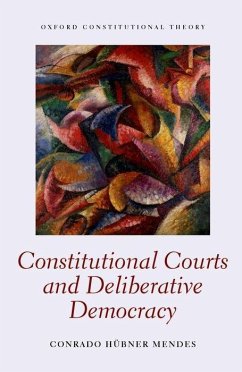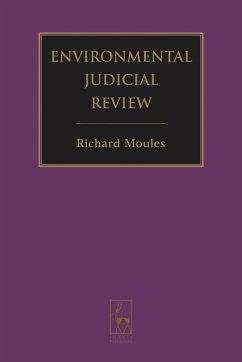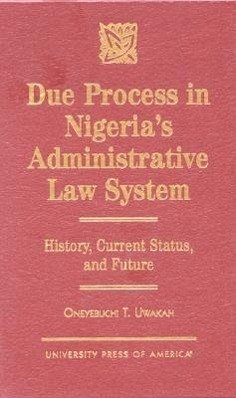
Due Process in Nigeria's Administrative Law System
History, Current Status, and Future
Versandkostenfrei!
Versandfertig in über 4 Wochen
89,99 €
inkl. MwSt.

PAYBACK Punkte
45 °P sammeln!
This book, which relies on primary and secondary printed sources and a series of interviews with affected persons, lawyers, judges, and customary court presidents in Nigeria, focuses on the place of due process in the Nigerian legal system. Uwakah is concerned about the abuse of this important fundamental right in his country. The purpose of the book is to examine how due process operates in Nigeria and whether the coexistence of the customary law, the English common law, the Moslem law, and the martial law systems in Nigeria hinders or enhances due process in the country. Finally, the study i...
This book, which relies on primary and secondary printed sources and a series of interviews with affected persons, lawyers, judges, and customary court presidents in Nigeria, focuses on the place of due process in the Nigerian legal system. Uwakah is concerned about the abuse of this important fundamental right in his country. The purpose of the book is to examine how due process operates in Nigeria and whether the coexistence of the customary law, the English common law, the Moslem law, and the martial law systems in Nigeria hinders or enhances due process in the country. Finally, the study investigates the suitability of the British version of due process to Nigeria, since the concept is imported to the country. The book concludes that the British version of due process is unsuitable to Nigeria because the country's political, economic, social, and religious backgrounds substantially differ from those of Britain. This conclusion is premised on the consensus of the interviewees. Uwakah recommends the country's immediate transition from military to civilian rule.




